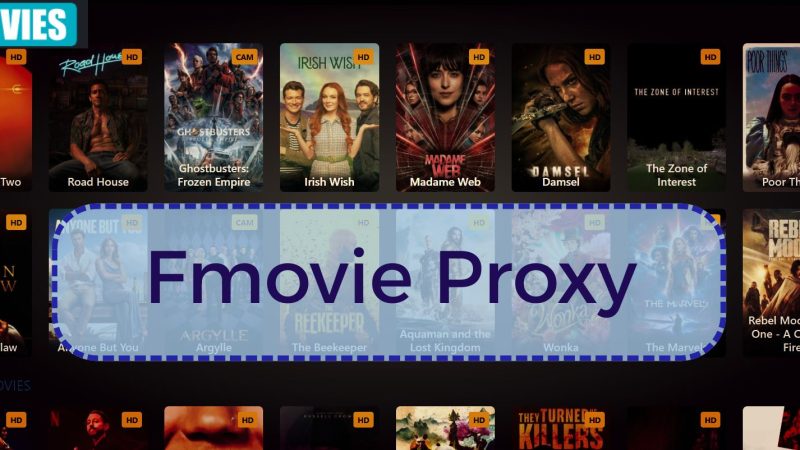The Top Internet Safety Tips Every Amateur Should Know

When it comes to the internet, “It’s better to be safe than sorry” should be your top motto. While the internet has become an indispensable part of our lives, amidst all its benefits, there lurks a darker side – one filled with hackers, scams, and cyber threats. Read on as we uncover the top internet safety tips every amateur should know to navigate this digital landscape as safely as possible.
The Dangers of the Internet
We all know about the good parts that come with the internet, such as accessibility and practicality. With just a few clicks, we can access basically all of the knowledge available under the sun, shop for clothes and food, play games, and even communicate with people, regardless of their location. However, despite its numerous benefits and opportunities, it also comes with its fair share of dangers.
One of the biggest dangers comes from individuals rather than companies, and that is revenge porn. As per CyberGhost’s report, most 19+ year-olds in America have shared an intimate image or video, increasing the chances of becoming a victim of this heinous crime. No one wants their private data shared without their consent; this is a real possibility in this digital era.
This leads us to privacy invasion. Our personal information is constantly being collected by websites for targeted marketing purposes, raising concerns about how this data is being used without our knowledge or consent. Another danger is online predators who prey on unsuspecting individuals, particularly younger individuals and elderly ones that are more susceptible to influence and are less tech-savvy.
Furthermore, viruses and malware pose a major threat to computers and cause various issues ranging from data loss to system crashes. Last but not least is cybercrime. Hackers are constantly looking to exploit vulnerable systems and steal personal data such as credit card details or social security numbers. Phishing scams are another common threat where criminals pretend to be reputable organizations in order to trick users into revealing sensitive information.
Ways to Stay Safe Online
Now that we know the dangers of the internet, it’s time for the tips portion of the article. Start by creating unique and complex passwords for all your accounts. Avoid using any personal information, common phrases, and passwords that can be easily guessed or hacked. Obviously, it will be impossible to remember all of those passwords, so consider using a password manager such as the ones recommended by PCMag to securely store your passwords.
Next, think twice before sharing any data, such as your full name, financial information, and personal images and videos online. Limit what you share on social media platforms and adjust your privacy settings accordingly. Another easy tip is regularly updating your OS, web browsers, antivirus software, and any device. These updates can often be automated and include essential security patches that help keep hackers at bay.
Whenever possible, use two-factor authentication (2FA). As per DUO, it is one of the most effective ways to protect against various security threats. And always be cautious of unsolicited emails or messages asking for personal information or urging you to click on suspicious links or attachments. You can easily verify the sender’s identity and double-check URLs before providing any sensitive data.
Finally, educate yourself. As they say, knowledge is power, and by learning about the latest scams, you can recognize them when encountered and avoid falling victim.

Ultimately, online dangers are getting more creative, but by understanding how the internet works and implementing effective safety measures, you can ensure a safer and more secure online experience. While the tips above are a good starting point, don’t hesitate to further research this topic and seek help if you note anything suspicious.






